Entertainment
Fun ways to pass the time, including TV reviews, ideas for days out, and interviews with top celebrities.

Prue Leith on Bake Off and learning to love being old
Dame Prue Leith talks about her secret to staying young and why she’s finally slowing down at 86.

“What would David Attenborough do?” Gordon Buchanan on coming face to face with big cats
The wildlife filmmaker on his close call with a polar bear and why hanging out with lions is less scary than driving in the UK.
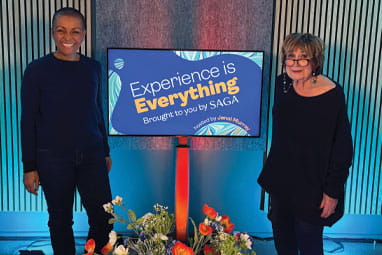
Adjoa Andoh on her Bridgerton future and being a famous grandma
The actress opens up to Jenni Murray on Saga's podcast Experience is Everything.

David Olusoga on his extraordinary mum and The Celebrity Traitors
The TV historian on overcoming a difficult childhood and what it was like to appear on Celebrity Traitors.

I’m Sorry Prime Minister review
This stageplay gives a fond farewell to two of the most beloved characters in British sitcom history.
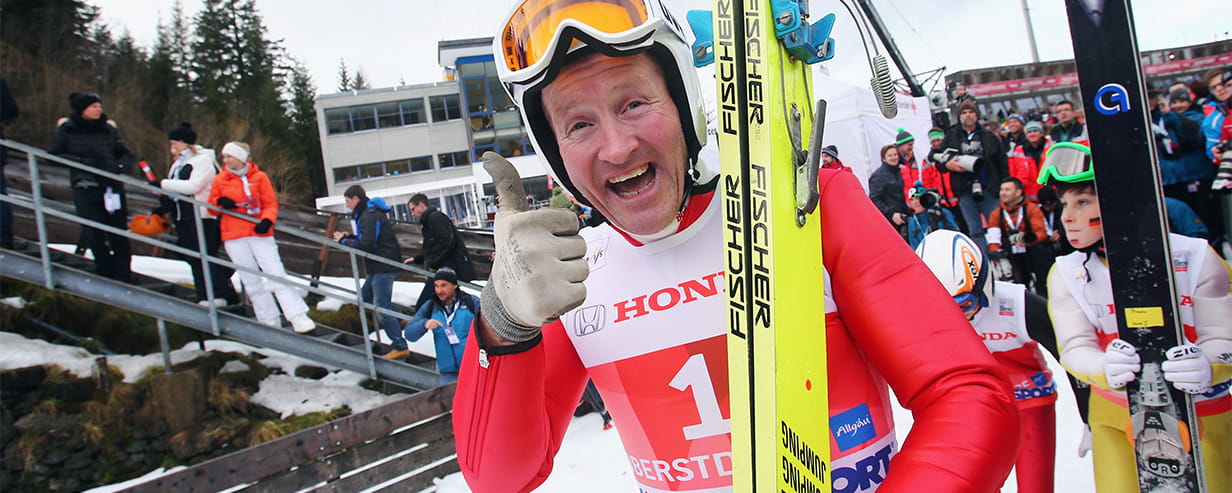
Eddie the Eagle: “I went from earning £6,000 a year to £20,000 an hour”
The legendary Olympic ski jumper talks about his life and finances since becoming a household name.
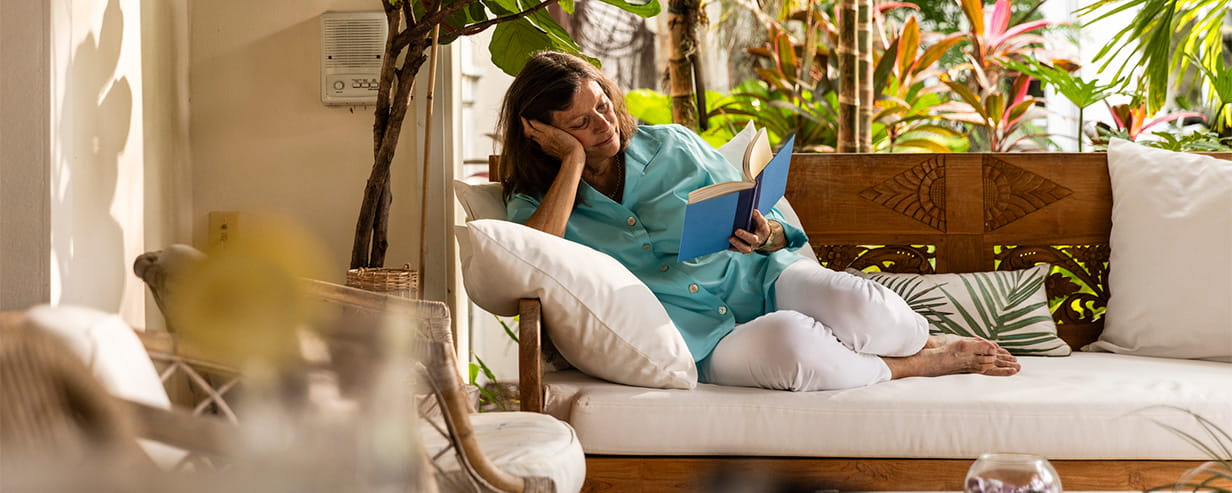
What to read in March - our choice of the best new books this month
From the Australian Outback to Imperial Russia, families loom large in this month’s reads – plus murder most twisty.
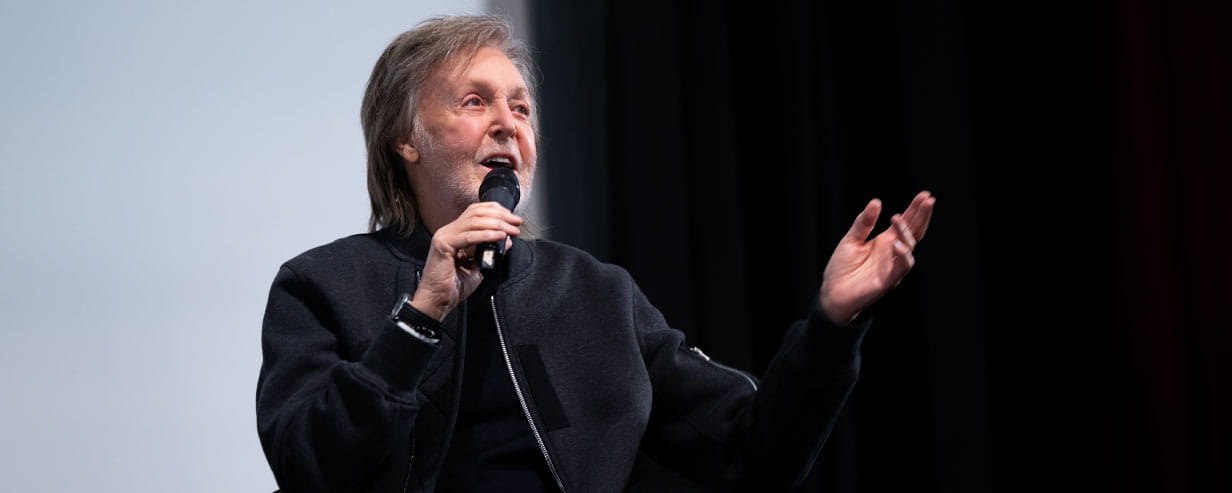
Paul McCartney on Lennon, Linda and life after The Beatles
We spend an evening with music icon ahead of the release of his new documentary, Man on the Run.
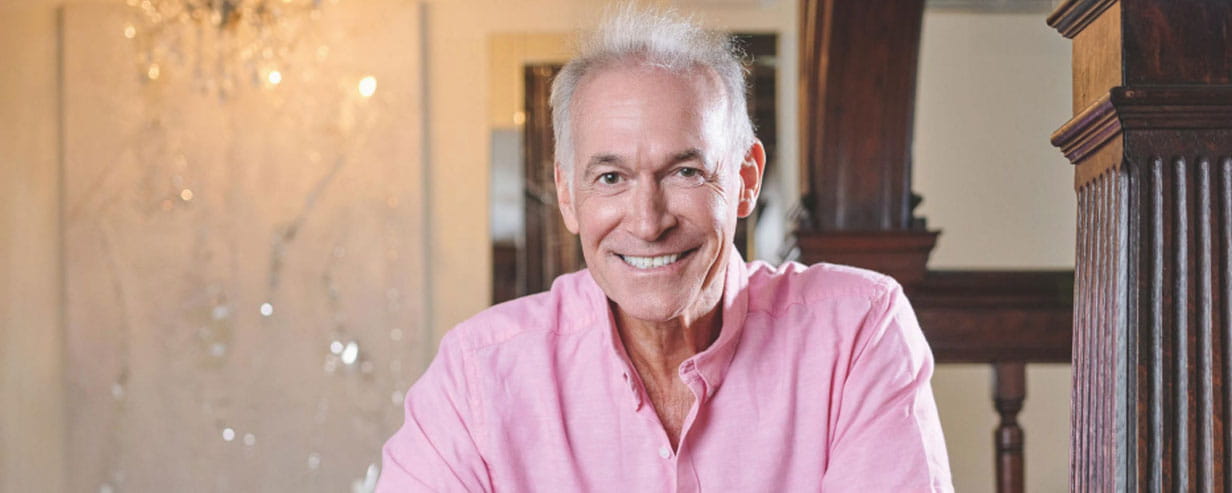
Dr Hilary Jones: “I wouldn’t want my children to be doctors now”
TV’s Dr Hilary Jones on why he wants sweeping reform to modern healthcare.

“What would David Attenborough do?” Gordon Buchanan on coming face to face with big cats
The wildlife filmmaker on his close call with a polar bear and why hanging out with lions is less scary than driving in the UK.

Adjoa Andoh on her Bridgerton future and being a famous grandma
The actress opens up to Jenni Murray on Saga's podcast Experience is Everything.

Prue Leith on Bake Off and learning to love being old
Dame Prue Leith talks about her secret to staying young and why she’s finally slowing down at 86.

David Olusoga on his extraordinary mum and The Celebrity Traitors
The TV historian on overcoming a difficult childhood and what it was like to appear on Celebrity Traitors.

Marian Keyes on staying sober and online scrolling
The Irish author, 62, on escaping the news through writing, staying sober and scrolling the internet for pretty things.

For a limited time, enjoy 3 issues of Saga Magazine for just £1. Receive the next 3 print editions delivered direct to your door, plus 3 months’ unlimited access to the Saga Magazine app—perfect for reading on the go.
Don’t miss your chance to experience award-winning content at an exceptional price.
Play our free daily puzzles
Beat the boredom and exercise your mind with our selection of free puzzles.





